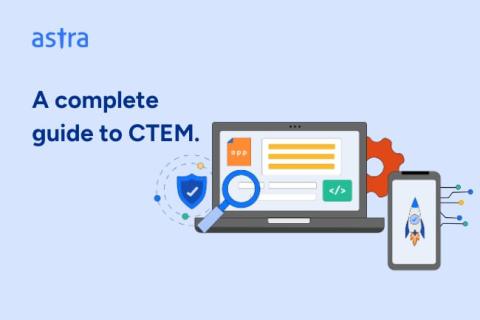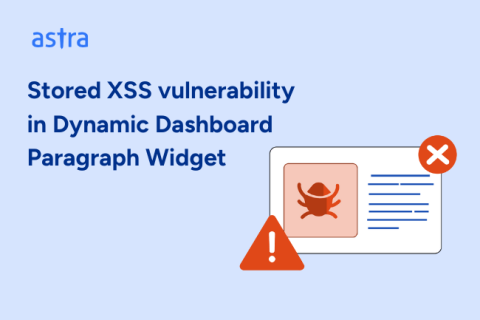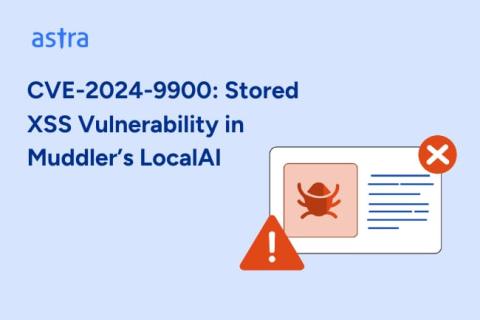API Security: A Technical Guide
In the rapidly changing field of software development, application programming interfaces (APIs) are very powerful tools. They allow different applications to communicate, share data, and collaborate seamlessly, constituting approximately 71% of all web traffic. However, as APIs become more essential to our applications, they also attract cyber threats. In fact, 57% of organizations reported experiencing at least one API-related data breach in the past two years.






